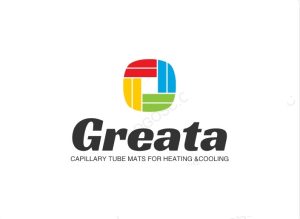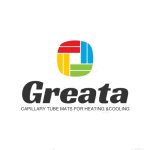Capillary tube mat -heating cooling system
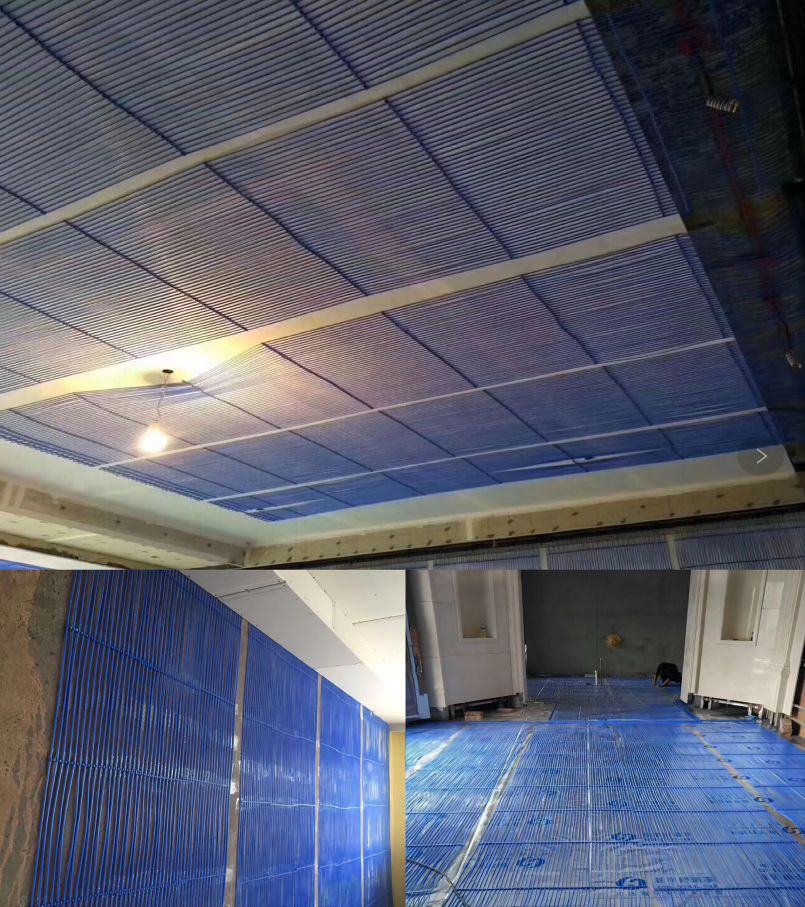
capillary tube mat
Production Design
Peut être appliqué à:
Plafond
Mur
> plancher (cependant, le refroidissement doit être combiné avec un mur ou un plafond)
Et s’applique aux bâtiments nouveaux ou anciens, en particulier à tous ceux qui ont été inscrits au monument, car leur apparence ne peut être modifiée et l’isolation extérieure sera exclue.
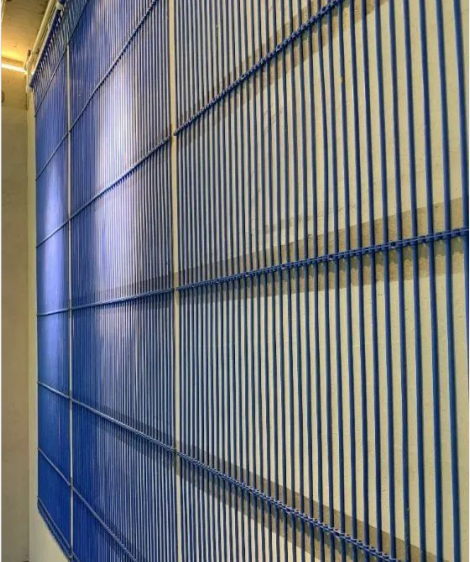
Indicative example
Production Design
- in the cold period -20,7°C;
- in the warm period +27 °C, RH=60%
Heat carrier parameters when the heat pump is running:
- underfloor heating system +26-31°C
- ventilation heating system glycol 35% +30-40°C
Coolant parameters when the heat pump is running:
- ventilation cooling system glycol 35% +15-18°C
Coolant parameters, when the GEO circuit is running:
- ventilation cooling system glycol 35% +19-21°C
- underfloor cooling system +19-21°C
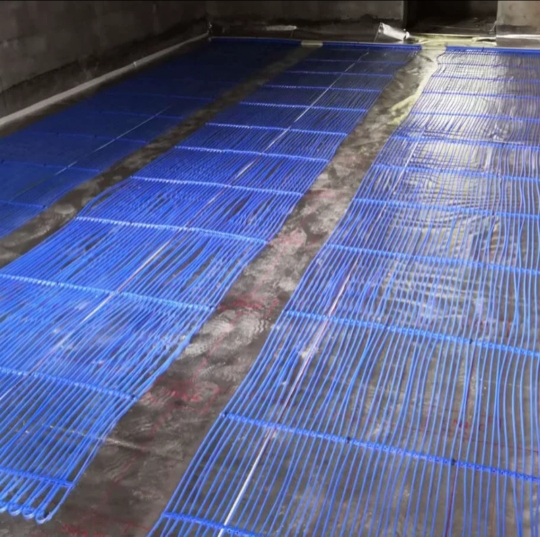
Quality System
Production Design
The heat-cold supply of the building is performed from a heat pump with a ground circuit, which works together with the underfloor water capillary heating system, which is also intended for “gentle” floor cooling, covering (absorbing) heat emissions with a coolant temperature of +19-21°C.
Cold source for cooling the building – the ground circuit of the heat pump, consisting of water capillary mats embedded in a 150 mm thick horizontal composite reinforced concrete slab, under an insulated floor. This type of installation is suitable for buildings with low energy consumption and in cases where it is not possible to build an external circuit.
Standard ĢEO circuit consists of a network of wide “3-D” modules of water capillaries, which are mounted at a depth of 1.5 m.
The heat-cold power of the GEO circuit varies from 34 līdz 70 W/m2 (capillaries), depending on local conditions and type of installation.

Capillary tube mat in hostipital
Production Design
During the warm period of the year, the cold ground temperature (+8-12°C constantly) is “transported” to the floor capillary system and the ventilation unit pre-cooler (without the use of a heat pump compressor, only electronic circulation pumps). In this way, the ground circuit, which was cooled during the heating period, is heated during the summer, restoring the balance of thermal energy in nature. The annual SCOP can reach up to 8,9 W/W.
By taking full advantage of energy devices, it is possible to reach a level very close to the characteristics of a self-sufficient, passive house.
